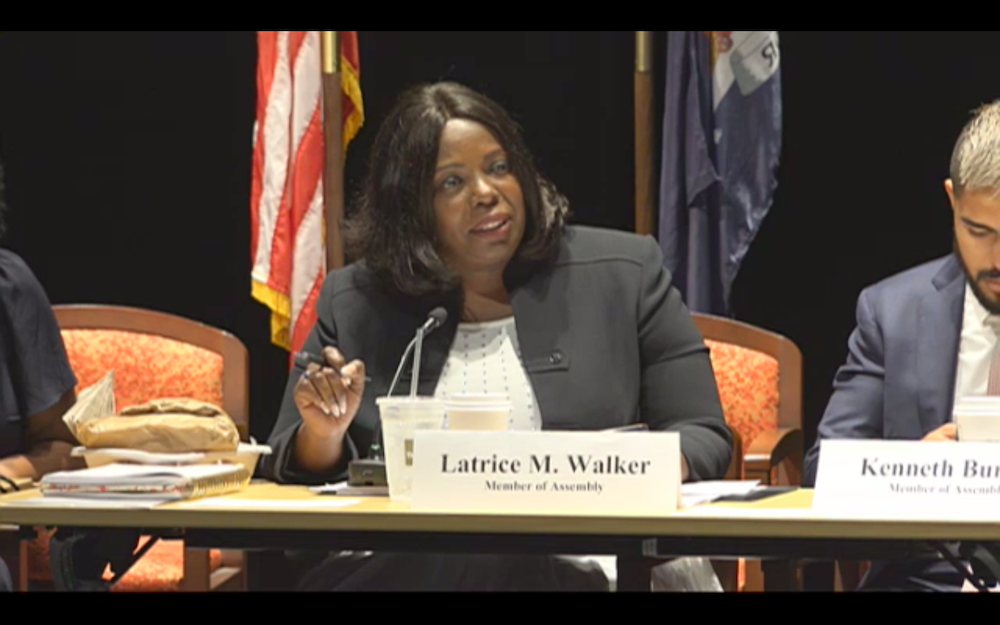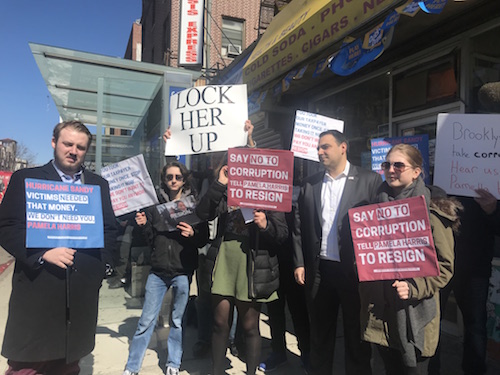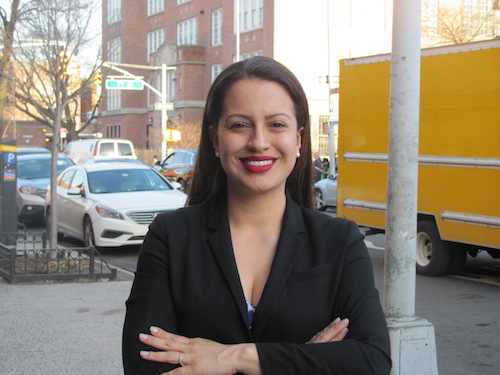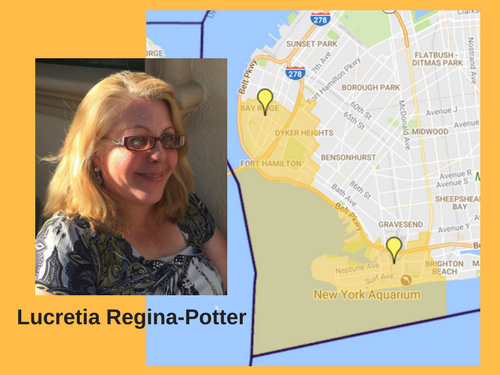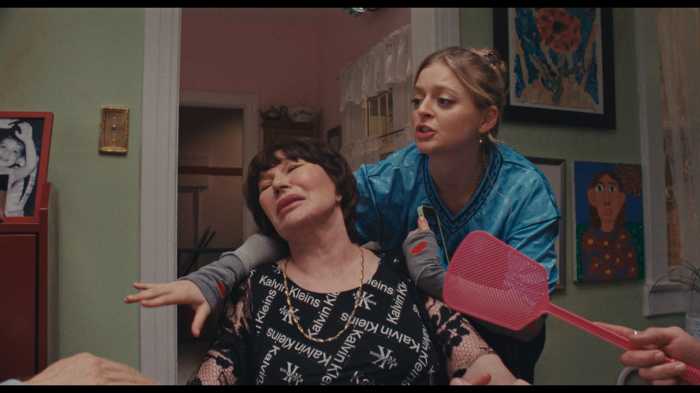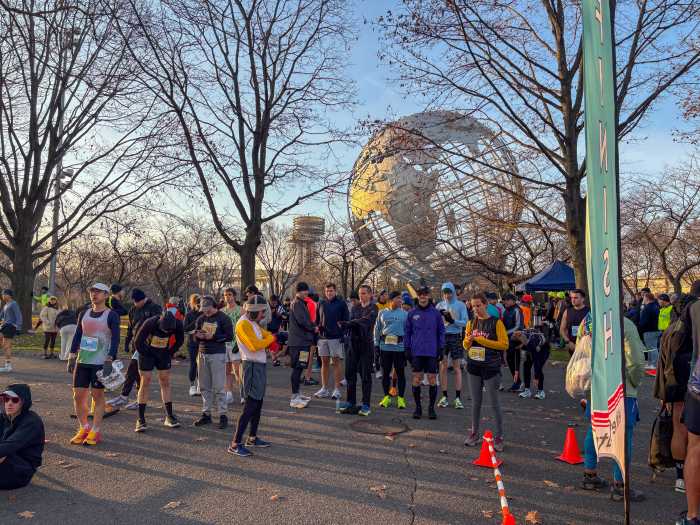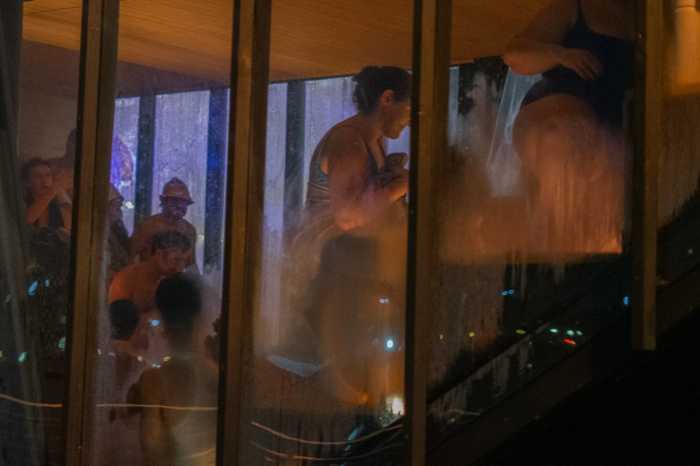The Assembly Elections Committee held a public hearing today, July 19, to review the ranked-choice voting process in the 2021 primary elections.
Over a dozen panelists that included City Council members, professors, and non-profit organizations served as witnesses to the hearing. Most panelists felt that ranked-choice voting was flawed, while almost everyone agreed that the Board of Elections (BOE) did an insufficient job.
Under the RCV system, each voter gets to select up to five candidates in order of preference. If no candidate secures a majority of votes on the first ballot, the ballots are recounted in individual rounds — with the candidate with the least support in each round eliminated. Voters who had their first candidate eliminated would then have their lesser-choice votes counted toward the candidate of their choice. This system of counting and eliminations goes on until one candidate has achieved a majority of votes.
This is the ranked-choice voting postcard that the City spent its $2 million on,” said City Council Member I. Daneek Miller, referencing a mailer on RCV that was sent to voters. “This was the education that happened.”
Miller, one of the staunchest opponents of ranked-choice voting, also said that poll workers were overwhelmed and that the training provided by the BOE was insufficient. He referenced his legislation that would put ranked-choice voting back on the ballot for voters to decide on in November.
Opponents of ranked-choice voting argued that the system was too difficult for many voters to grasp. They argued there wasn’t enough done to educate voters on the new system, and that it especially hurt minorities.
“It is sophisticated voter suppression, but it is voter suppression nonetheless,” said Rev. Kirsten Foy, the Founder of Arc of Justice.
The controversy surrounding ranked-choice voting stems mostly from what was a botched job when it came to counting the votes by the BOE. Countless politicians have come out and criticized the BOE.
Advocates of ranked-choice voting argued that the system did its job, pointing to statistics that showed over 80% of New Yorkers liked the new system and want it to return.
“The problem with June’s primary election was not ranked-choice voting. It was the incompetence of the Board of Elections,” said Assemblymember Robert Carroll (D-Brooklyn) a member of the assembly’s committee on election law.
The sentiment was shared by Debbie Louis, the Deputy Organizing Director of Rank the Vote NYC.
“The fact is that ranked-choice voting has delivered on its promise to bring about a more democratic election,” said Louis.
The BOE was invited to speak on the panel today, but no representatives showed up. The State Senate plans to hold a separate hearing next week solely on the Board of Elections.
RCV is only permitted for use in primaries and nonpartisan special elections for city offices. Therefore it will not be used in the upcoming November General Election.


